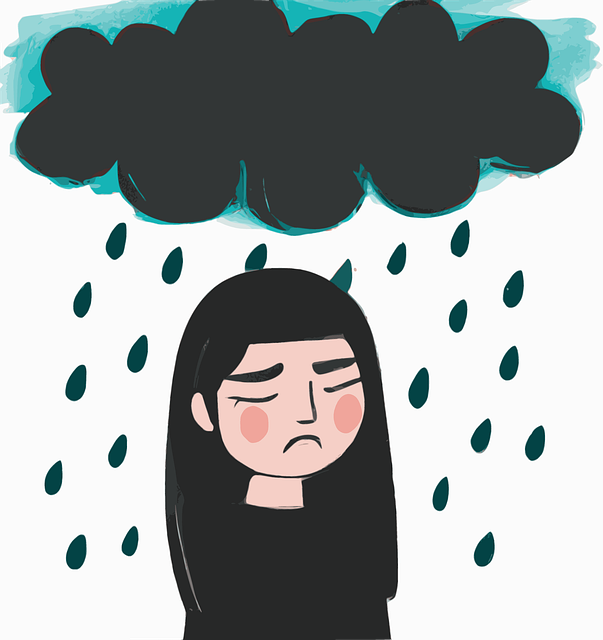Recognizing teen depression signs is vital for providing mental health support. Schools play a key role in creating open conversations about mental health through safe spaces and counseling. Evidence-based interventions like CBT and mindfulness practices enhance mental health support for teens. A supportive school environment, with trained staff, reduces stigma and prioritizes student well-being.
Depression among teenagers is a growing concern, yet many schools lack adequate resources to address it. This article explores practical strategies for schools to offer robust mental health support for teens. We delve into recognizing subtle signs of teen depression, fostering open dialogues, implementing evidence-based interventions, and cultivating a culture of empathy and understanding. By embracing these approaches, schools can create safe havens where students feel supported, encouraging them to seek help and thrive academically and emotionally.
Recognizing Signs of Teen Depression
Recognizing signs of teen depression is a crucial step in providing much-needed mental health support for teens. Changes in behavior, such as increased irritability, withdrawal from social activities, or sudden changes in academic performance, can be indicators. Teens may also exhibit physical symptoms like fatigue, changes in appetite, or sleep disturbances.
It’s important to note that these signs might not always be apparent and can vary greatly from one teenager to another. Therefore, fostering open conversations about mental health and encouraging teens to seek help without stigma is essential. Teachers, counselors, and parents play a vital role in monitoring these changes and offering guidance towards appropriate support systems for addressing teen depression effectively.
Creating Safe Spaces for Open Conversations
Schools play a pivotal role in fostering an environment that encourages open dialogues about mental health, especially when it comes to addressing depression among teenagers. Creating safe spaces is essential for students to feel comfortable discussing their struggles without fear of judgment or stigma. This can be achieved by implementing support systems and designated areas where teens can openly converse about their emotions and experiences.
By organizing peer-led groups, counseling sessions, or even quiet hangout spots, schools provide outlets for students to connect with peers who might relate to their situations. Such initiatives send a powerful message that mental health is a normal part of life, encouraging students to seek help proactively. This approach, coupled with trained professionals readily available, can significantly enhance the mental health support for teens within the educational setting.
Implementing Evidence-Based Interventions
Implementing evidence-based interventions is a crucial step in providing effective mental health support for teens within educational settings. Schools can play a pivotal role in identifying and addressing depression among students by adopting strategies backed by scientific research. One such intervention is cognitive-behavioral therapy (CBT), which has proven successful in treating depressive disorders. CBT focuses on modifying negative thought patterns and behaviors, empowering teens with coping mechanisms to manage their mental health.
Additionally, schools can incorporate structured programs like social skills training and mindfulness practices. These activities foster a sense of belonging and teach students healthy ways to regulate emotions. By integrating such interventions seamlessly into the school environment, professionals ensure accessibility and reduce potential barriers to receiving mental health support for teens.
Fostering a Culture of Support and Empathy
Creating a supportive environment is crucial when it comes to helping students battling depression. Schools can foster a culture of care and empathy by encouraging open conversations about mental health, ensuring every student feels heard and understood. This involves training faculty and staff to recognize signs of distress in teens and providing them with the tools to offer appropriate assistance.
By integrating mental health support for teens into the fabric of school life, students struggling with depression can access help without feeling stigmatized. This culture of support should extend to peer interactions as well, promoting a sense of community and reducing any barriers to seeking aid. Such initiatives send a powerful message that mental well-being is just as important as academic achievement.
Schools play a pivotal role in identifying and supporting students struggling with depression. By recognizing signs, fostering open conversations, implementing evidence-based interventions, and cultivating a culture of support and empathy, educational institutions can significantly enhance the mental health support for teens. These strategies not only help individual students but also contribute to creating a more compassionate and resilient school environment overall.
